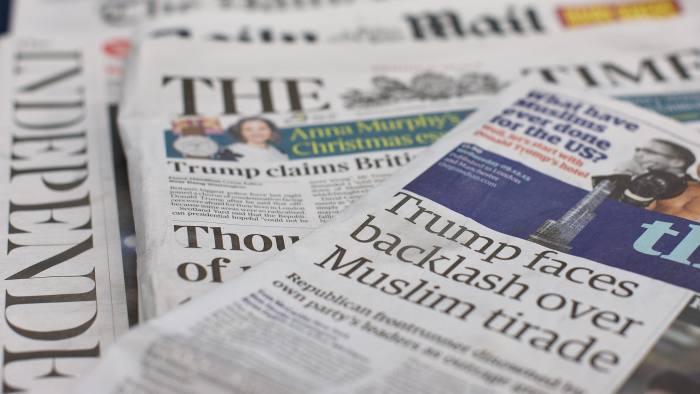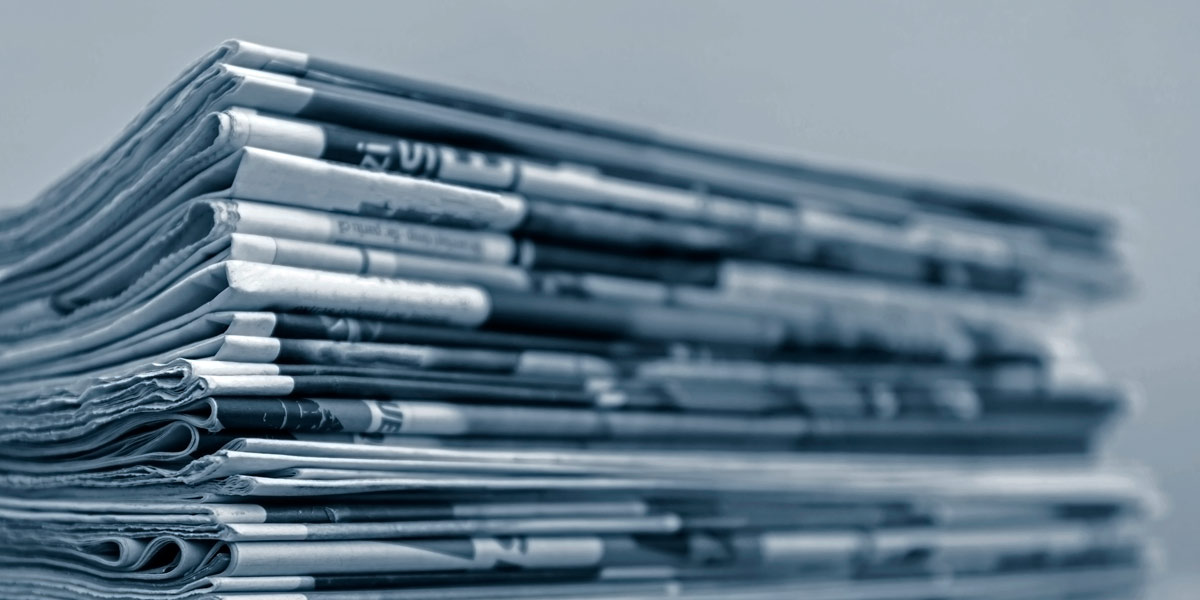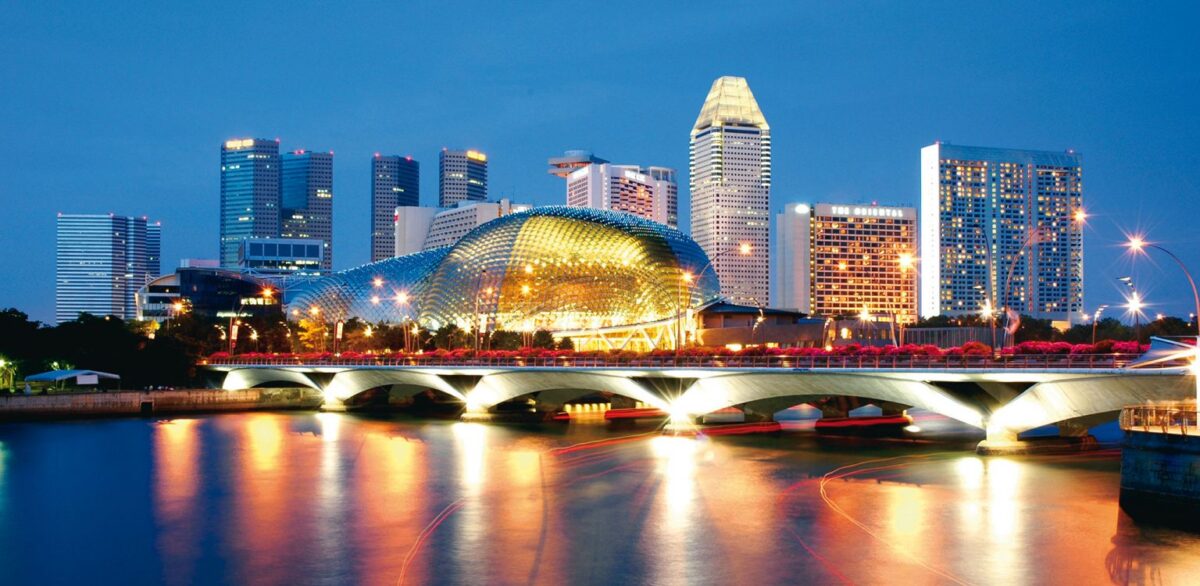(Sharecast News) – UK inflation nudged higher in December, official data showed on Wednesday, despite the latest round of lockdown restrictions closing many shops and leisure outlets.
According to the Office for National Statistics, the consumer prices index (CPI) 12-month annual rate was 0.6%, up from November’s 0.3% rise and slightly ahead of most forecasts, for 0.5%.
On a monthly basis, CPI rose 0.3% following a 0.1% easing in November.
Including owner-occupier’s housing costs (CPIH), the annual rate was 0.8% in December, marginally higher than November’s rate of 0.6%. On a monthly basis, CPIH rose by 0.2%, following a 0.1% decline in November.
Core inflation, which strips out volatile elements such as energy cost fluctuations, was ahead 1.4%, compared to 1.1% a month previously and also above consensus for 1.3%.
The biggest upward pressures on inflation were clothing prices and transport costs, which jumped to 7.2% from 3.4% in November, as well as recreation and culture. Food and non-alcoholic drinks provided one of the biggest drags.
Jonathan Athow, deputy national statistician for economic statistics at the ONS, said: “Clothing prices put upward pressure on inflation in December, despite some evidence of continued discounting. Transport costs, including air, sea and coach fares, as well as petrol prices, rose as travel restrictions eased during parts of the month.
“These were partially offset by falling food prices, most notably for vegetables and meat.”
Clothing inflation improved to -1.7% from November’s -3.6%, but food eased to -1.4% from -0.5% a month previously.
Samuel Tombs, chief UK economist at Pantheon Macroeconomics, said: “The ONS collected its data five days closer to Christmas Day last month than in December 2019; airline fares tend to rise sharply as the Christmas holidays approach. Transport services inflation will fall sharply in January, given that the ONS likely will return to imputing prices for overseas travel while the lockdown is ongoing.
“Looking ahead, we expect CPI inflation to hover between 0.5% and 0.8% in the first quarter before leaping 1.5% in April, when Ofgem likely will increase its default tariff cap for electricity and natural gas prices, and the anniversary of last year’s slump in oil prices will be met. CPI inflation will also rise in the hospitality and recreation sectors in April, when VAT will return to 20%.
“The risk, however, of CPI inflation sustainably exceeding the 2% target later this year, or in 2022, seems low.”






